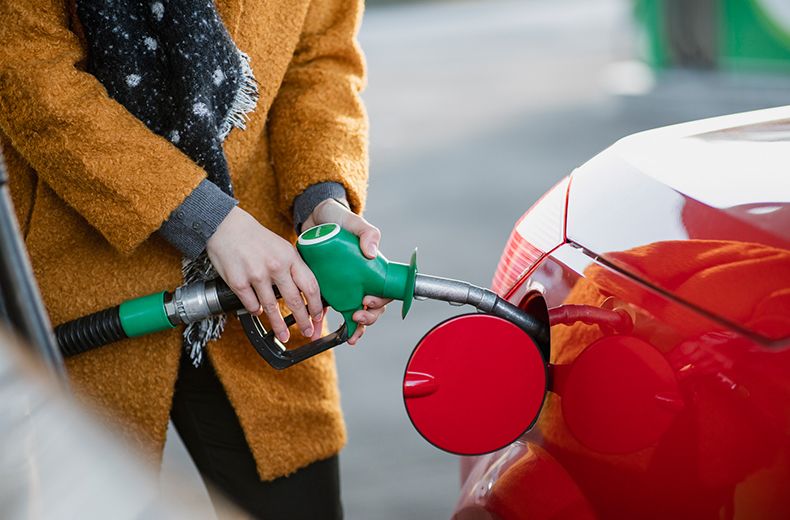The price of a barrel of Brent crude oil soared by to 106.61 US dollars on Thursday, its highest level in nearly eight years.
Russia is the world’s second largest exporter of crude oil, which has prompted concerns that sanctions could restrict supplies and further drive up global prices.
With average fuel prices at UK forecourts at record highs, there are fears motorists could be hit even harder in the pocket as retailers pass on the latest rises in wholesale costs.
Figures from the RAC Fuel Watch show that the average cost of a litre of unleaded rose to 149.43p on Wednesday, while diesel increased to 152.83p.
Fuel prices vary across the UK and some forecourts are already charging considerably more than the average level.
A year ago, the average petrol price stood at 122.50p a litre, while diesel was at 125.99p.
If petrol reaches the 160p threshold, it will take the cost of filling up a typical family car with a 55-litre tank to a whopping £88.
RAC fuel spokesman Simon Williams said: “Both petrol and diesel reached new record levels yesterday. Unleaded is nearly 149.5p a litre and diesel almost 153p.
“Russia’s actions will now push petrol pump prices up to £1.50 very soon. The question then becomes where will this stop and how much can drivers take, just as many are using their cars more and returning to workplaces.
“If the oil price was to increase to 110 US dollars, there’s a very real danger the average price of petrol would hit £1.55 a litre.
“This would cause untold financial difficulties for many people who depend on their cars for getting to work and running their lives as it would skyrocket the cost of a full tank to £85.
“At 120 US dollars a barrel – without any change to the exchange rate which is currently at 1.35 US dollars – we would be looking £1.60 a litre and £88 for a full tank.”
- How to save fuel – the ultimate guide
- What is the best fuel for my car? The definitive guide to different fuel types
- How to save money as a driver – 30 quick tips
Since 13 February, there have been almost daily records being set for fuel prices as the threat of war in Ukraine loomed.
These have contributed to a cost of living surge in the UK and helped to push inflation to a 30-year high.
Small measures motorists can take to save fuel include car-sharing, cutting out short journeys, reducing speeds and driving as smoothly as possible by not braking and accelerating too quickly.
Read our fuel saving tips here.

Cheaper than AA or we'll beat by 20%^
• Roadside cover from £5.49 a month*
• We get to most breakdowns in 60 mins or less
• Our patrols fix 4/5 breakdowns on the spot










